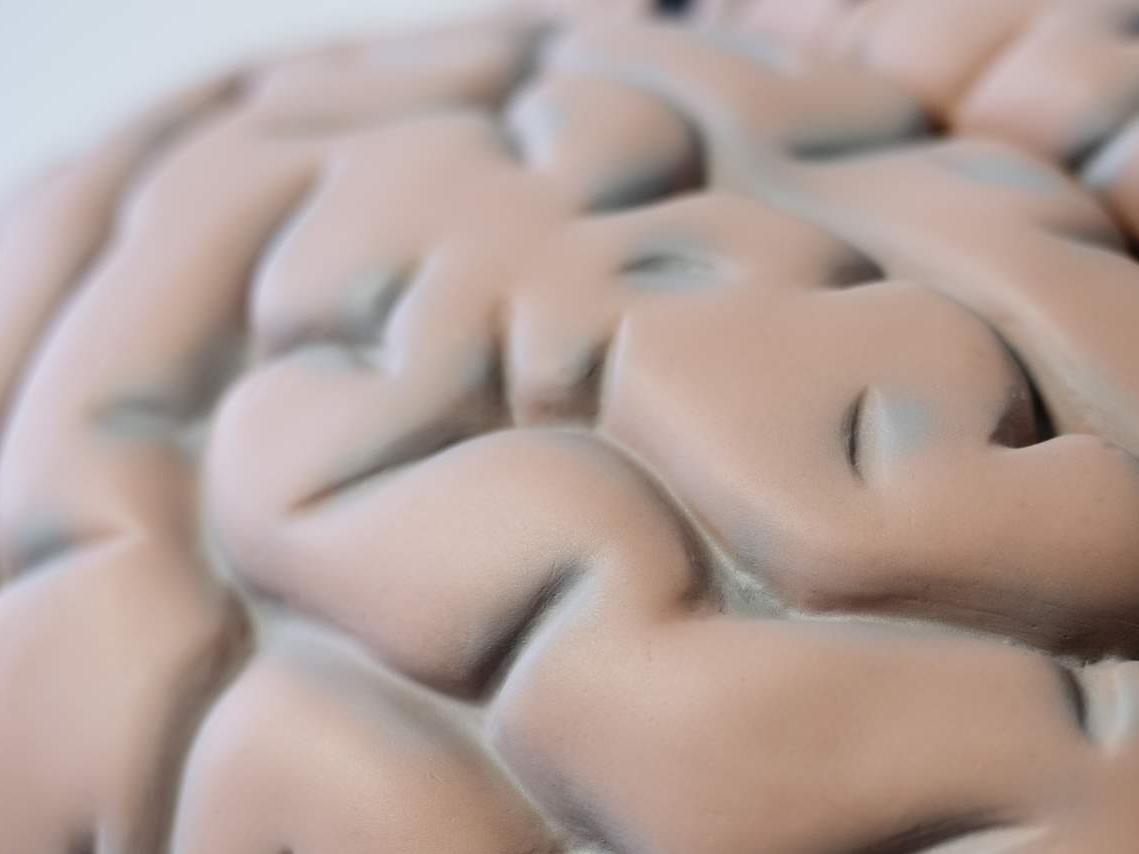Press Releases Archive
14.11.2018
Even long-term memories need sleep – and a command center
University of Tübingen study shows all kinds of long-term memory formation occur at the direction of the hippocampus
The hippocampus, a seahorse-like structure inside the brain, transfers consciously-learned content such as new words from the short-term memory to long-term memory – something that happens primarily during sleep. Until now researchers assumed that the hippocampus was not involved in all memory functions and that, for example, motor skills such as piano playing could be learned without its help. Now experiments with rats have shown that even in the formation of long-term memories, whose contents were originally formed without participation by the hippocampus, the hippocampus becomes involved during sleep. The results of the new study, headed by Dr. Marion Inostroza and Professor Jan Born from the Institute of Medical Psychology and Behavioral Neurobiology and the Center for Integrative Neuroscience at the University of Tübingen, have been published in the journal Nature. From the latest findings, the researchers developed the idea that memory formation is not organized into different systems working alone; rather, it is an overall process with the hippocampus as the driver doing its job mainly during sleep.
Brain researchers see memory formation processes as either dependent on the hippocampus – learning a poem by heart, for instance – or independent of it, like learning to ski or play tennis – skills in which the individual movements happen unconsciously. This distinction is based on the case of Henry Molaison, a patient in the 1950s whose hippocampus was largely removed in a bid to cure his untreatable epilepsy. Subsequent examination of Henry Molaison revealed which kind of memory can be still formed without the hippocampus – and which cannot be properly formed without it. Research, particularly by Jan Born and his team, has shown that hippocampus-dependent memories are transcribed into long-term memory during sleep. “In these new, comprehensive studies we aimed to find out whether hippocampus-independent memory benefits the same way from sleep, and above all, whether the hippocampus plays a role in that as well,” says Marion Inostroza.
Sleep alone does not make the difference
The rats in the experiments became familiar with new objects – a process independent of the hippocampus – or they had to remember the positions in a room of objects they already knew – which is hippocampus-dependent learning. In the following two hours, they either slept or remained awake. Then their memories were tested, either immediately following the two-hour sleep or waking phase, or a week later – or three weeks later. “As we expected, the hippocampus-dependent learning of spatial positions was reinforced by sleep; the animals which slept had better memory results for all testing periods than the animals which remained awake after the experiment,” says Marion Inostroza. It was a different situation, however, with remembering the objects themselves. In this case, the advantage of having slept after learning was only manifest in the three-week testing period. “However, sleep alone does not make the difference. If we had chemically temporarily switched off the hippocampus in the sleep period after learning, the rats would have completely forgotten the objects after three weeks – the same as the animals which stayed awake after learning,” says Jan Born.
“The contents of the hippocampus-independent learning were only transcribed into long-term memory when the hippocampus was active during sleep,” he summarizes. But Born says it is too soon to challenge the fifty-year old division between hippocampus-dependent and hippocampus-independent memory. “On the contrary, our study provides new insights into the division of labor between the structures in the brain. It is true that some learning and memory processes occur in their own systems. Yet we must assume that the hippocampus is a higher authority in every kind of long-term memory formation.” The researchers explain it like this: hippocampus-dependent learning is bound up with the conscious; the hippocampus is virtually always busy and fully occupied during the day when the brain is awake. “During sleep, when the conscious is switched off, the hippocampus has spare capacity and organizes the long-term formation of memories of everything learned – even of things it was not involved in creating in the first place.”
Publication:
Anuck Sawangjit, Carlos N. Oyanedel, Niels Niethard, Carolina Salazar, Jan Born and Marion Inostroza: Hippocampus is critical for forming non-hippocampal long-term memory during sleep. Nature, DOI 10.1038/s41586-018-0716-8
Contact:
Dr. Marion Inostroza and Prof. Dr. Jan Born
University of Tübingen
Institute of Medical Psychology and Behavioral Neurobiology
Phone +49 7071 29-88923
marion.inostrozspam prevention@uni-tuebingen.de and jan.bornspam prevention@uni-tuebingen.de
Contact for press:
Eberhard Karls Universität Tübingen
Public Relations Department
Dr. Karl Guido Rijkhoek
Director
Janna Eberhardt
Research Reporter
Phone +49 7071 29-76753
Fax +49 7071 29-5566
janna.eberhardtspam prevention@uni-tuebingen.de
www.uni-tuebingen.de/en/university/news-and-publications.html

